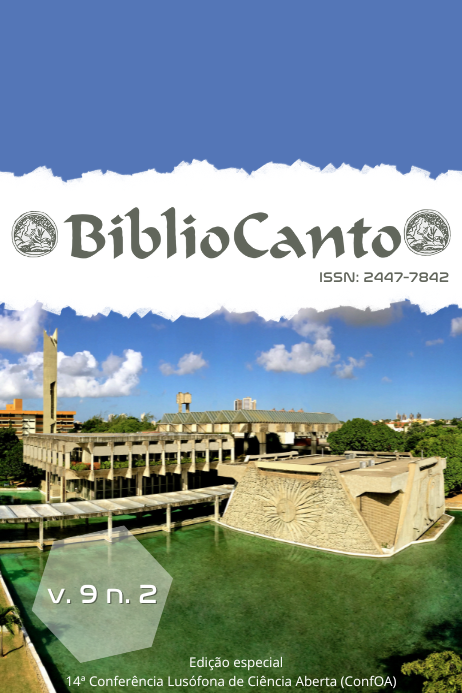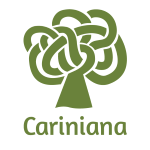Academic integrity in the Open Science context
brazilian scenario of ethical and legal issues in scientific research
DOI:
https://doi.org/10.21680/2447-7842.2023v9n2ID33804Keywords:
academic integrity, research ethics, copyright, intellectual property, data management planAbstract
The process of opening up scientific work involves ethical, legal and academic integrity issues that must, based on scientific rigor, be systematized by rules that support the production of knowledge aimed at the development of responsible practices, strengthening transparency in the investigative process. This qualitative study analyzed how Brazilian researchers reported in data management plans (DMPs) how they plan to deal with ethical and legal issues during their research. We sought to understand how they deal with issues of privacy and integrity of the participating subjects, considering the destination of the data to be generated/collected. Responses on ethical issues, copyright and intellectual property from the DMP publicly available in the DMPTool tool were analyzed. As a result, few considerations were identified about the opening process of scientific work aimed at the development of responsible practices, strengthening transparency in the investigative process. It is suggested that scientific communities should base their conduct considering academic integrity not only in the scope of ethics committees and councils, but also including Open Science principles, in different spheres of the scientific ecosystem, since it is necessary to inform places of storage, carry out detailed descriptions of scientific data and opening rules, among other procedures that must be disseminated.
Downloads
Downloads
Published
How to Cite
Issue
Section
License
Copyright (c) 2023 BiblioCanto

This work is licensed under a Creative Commons Attribution-NonCommercial-ShareAlike 4.0 International License.
Os trabalhos publicados neste periódico podem ser disponibilizados em Repositórios Institucionais de Acesso Aberto.
Os conteúdos da Revista BiblioCanto estão licenciados sob uma Licença Creative Commons Atribuição 4.0 Internacional.
Qualquer usuário tem direito de:
- Compartilhar — copiar, baixar, imprimir ou redistribuir o material em qualquer suporte ou formato
- Adaptar — remixar, transformar, e criar a partir do material para qualquer fim, mesmo que comercial.
De acordo com os seguintes termos:
- Atribuição — Você deve dar o crédito apropriado, prover um link para a licença e indicar se mudanças foram feitas. Você deve fazê-lo em qualquer circunstância razoável, mas de maneira alguma que sugira ao licenciante a apoiar você ou o seu uso.
- Sem restrições adicionais — Você não pode aplicar termos jurídicos ou medidas de caráter tecnológico que restrinjam legalmente outros de fazerem algo que a licença permita.



 English
English Português (Brasil)
Português (Brasil)







